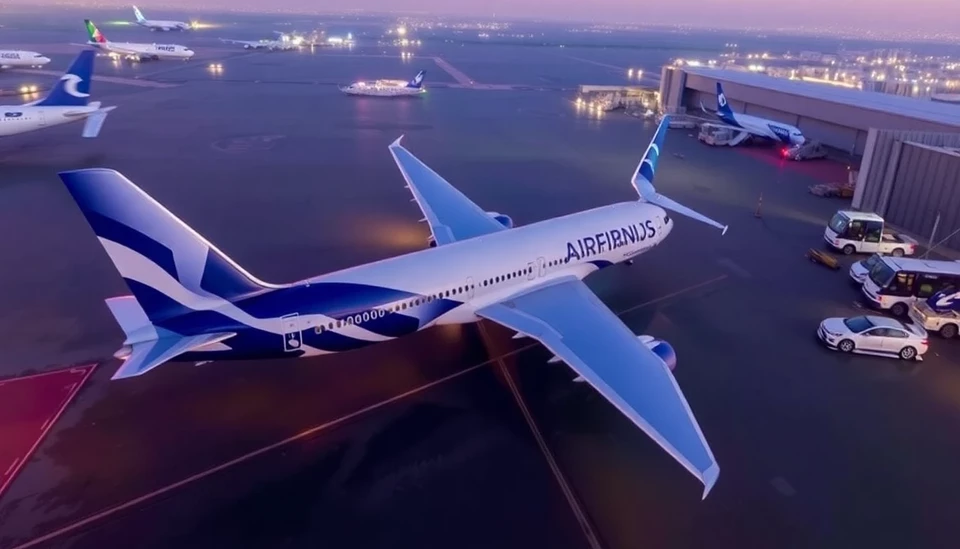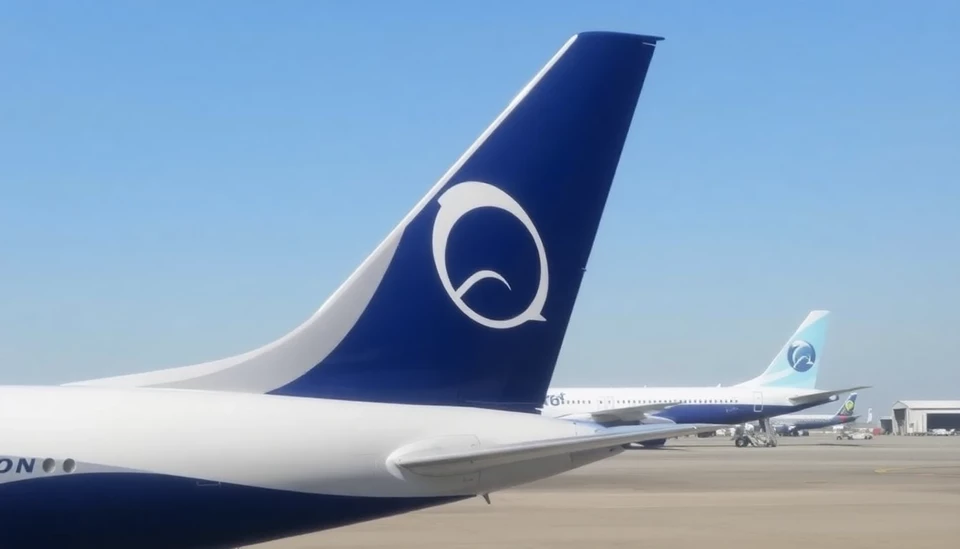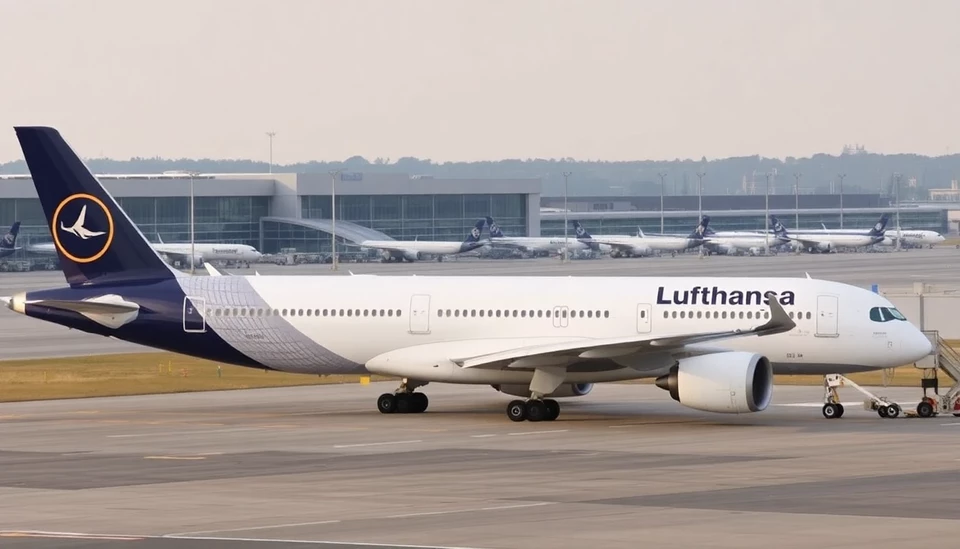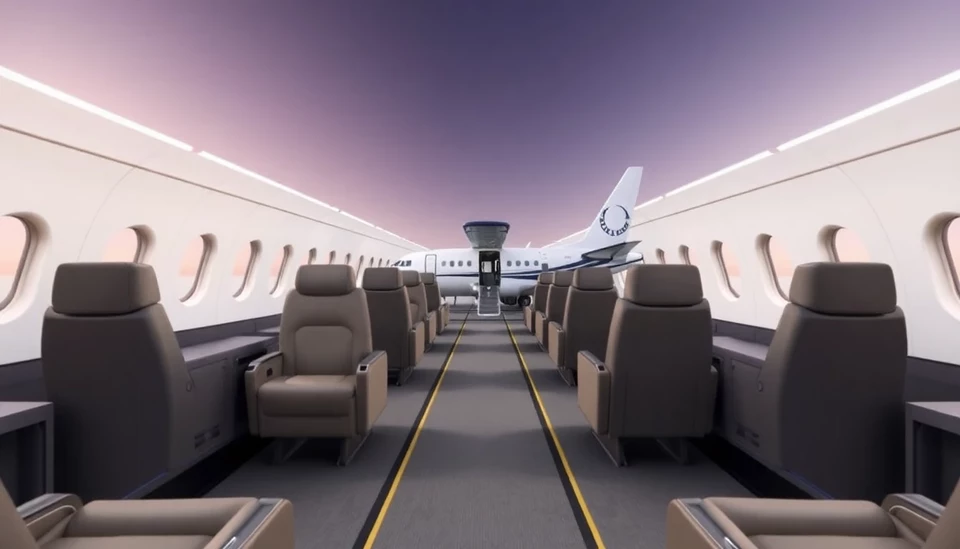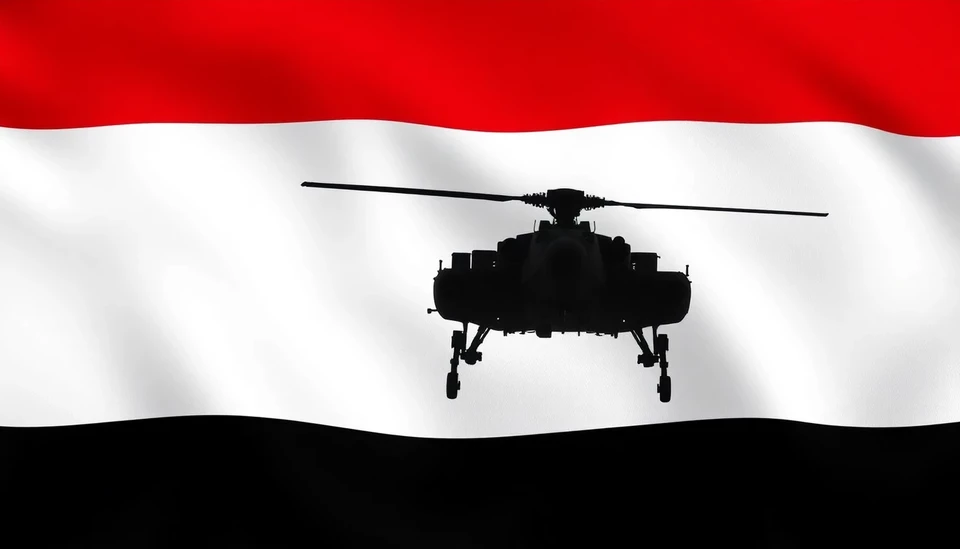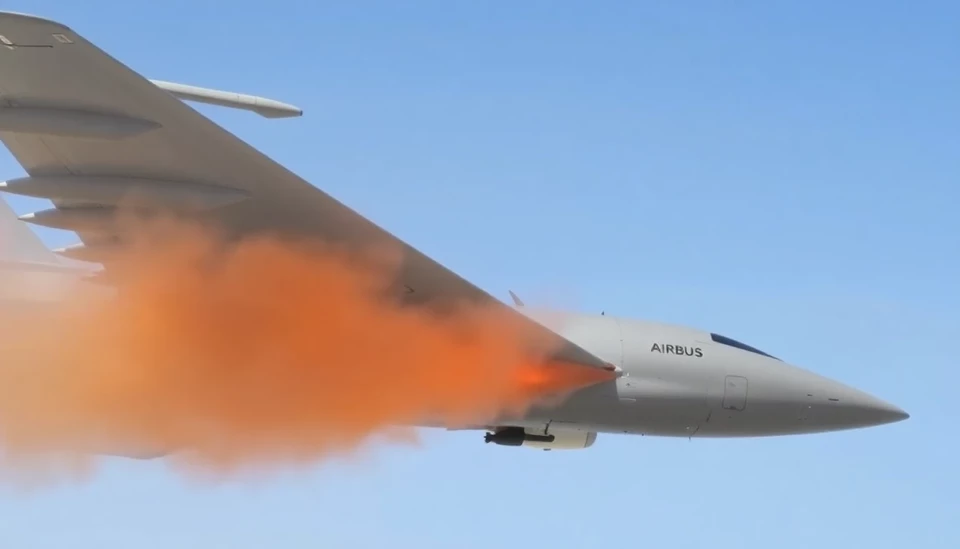
In a recent statement, Airbus has expressed skepticism regarding the future of its military aircraft production, citing a notable downturn in orders for these specialized planes. This announcement comes at a time when the global aerospace sector is grappling with a range of challenges, leading to questions about the sustainability of military aviation projects.
Chief Executive Officer Guillaume Faury articulated this sentiment during an industry conference, where he indicated that the current lack of orders could pose significant risks to the future development and production of military aircraft. Faury pointed out that as defense budgets worldwide are being scrutinized and recalibrated due to shifting geopolitical landscapes, prioritization of military programs can change rapidly. The hesitation from governments and defense ministries to commit to substantial new orders leaves the French aerospace giant in a precarious position.
Among Airbus's military offerings, the A400M transport plane has been particularly affected. Manufacturing delays and cost overruns have contributed to an overall decline in customer confidence. As countries reassess their defense needs in light of evolving security threats, the demand for new acquisitions in military aviation appears stalled. Analysts suggest that Airbus may need to pivot its strategy to address these uncertainties effectively.
The concern is not limited to Airbus alone; the entire defense sector is feeling the pinch as nations across the globe redefine their military strategies amidst rapidly changing geopolitical dynamics. With ongoing tensions in various regions, the need for modernization or expansion of military fleets has intensified. However, the pace of order placements has not kept up, suggesting a potential gap between strategic need and procurement processes.
Faury noted that while some governments have increased their military budgets, they are facing constraints that prevent immediate significant investments in new aircraft, particularly amid post-pandemic recovery realities. This situation raises doubts on the long-term viability of existing military programs if order levels do not improve.
Airbus is now left evaluating its options, including possible restructuring of its military aircraft segment, should order numbers continue to falter. The potential impact of these decisions extends beyond Airbus, as they will have implications for global defense supply chains and related industries as well.
In light of the uncertain landscape, industry experts are suggesting that Airbus may have to engage more deeply with its existing clients to adapt offerings to better meet current and anticipated military requirements. Building strong relationships and fostering loyalty among defense partners could be pivotal in navigating the choppy waters ahead.
As Airbus strives to stabilize its military aircraft divisions, the broader implications for defense procurement and global security spending remain to be seen. The aerospace and defense community watches closely to see how Airbus and its competitors will respond to these challenges in the ever-evolving sector.
For industry stakeholders and defense analysts, the potential reassessment of military aircraft orders by nations may outline new priorities that could reshape the future landscape of military aviation.
#Airbus #MilitaryAircraft #DefenseIndustry #AerospaceChallenges #A400M #Geopolitics #MilitaryOrders #GlobalDefense
Author: John Harris
